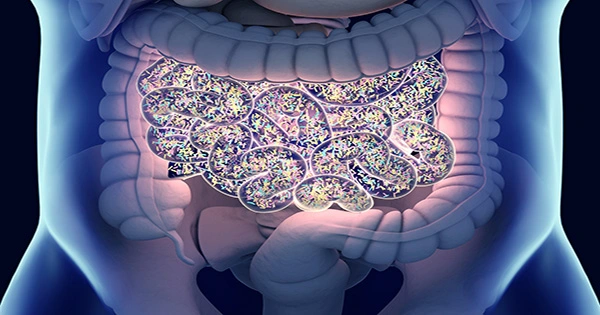For the first time, a new study from the University Hospitals of Tübingen and Bonn has demonstrated that non-invasive vagus nerve stimulation can improve the connection between the stomach and the brain, providing new therapeutic options for a range of diseases and human health.
The vagus nerve, which plays a crucial role in human behavior by acting as a “super highway” of connectivity between the brain and other physiological signals, is regarded as one of the most intricate cranial nerves in our central nervous system. Internal organ processes like heart rhythm, breathing rate, and digestion are controlled by this nerve.
For instance, when the stomach is empty, the vagus nerve sends signals to the brain to assist the directive search for food to eat. The communication sent by this nerve pathway has significant consequences for human health since the nerve plays a major part in digestive functions.
Professor Nils Kroemer said in a statement, “We demonstrated for the first time that electrical stimulation enhances the link between signals from the stomach and the brain—and we can achieve it in a matter of minutes.
The study involved 31 individuals who had their vagus nerve stimulated at the ear while also having functional magnetic resonance imaging (fMRI) done to track brain activity. Electrogastrogram recordings were done simultaneously over their stomach areas to capture signals from the digestive system. They discovered that vagus nerve stimulation boosted coupling between the brain and stomach in a variety of brain regions, particularly those that had stronger connections to the stomach in the absence of stimulation.
In the brainstem and midbrain, we found that vagus nerve stimulation increased coupling with signals from the stomach. “These areas are significant because the vagus nerve in the brain first addresses them. Our activities may already be mediated by changes in the midbrain.”
The new finding, according to the researchers, may eventually lead to novel therapy approaches for eating disorders, melancholy, and obesity. The journal Brain Stimulation reports the findings.
















